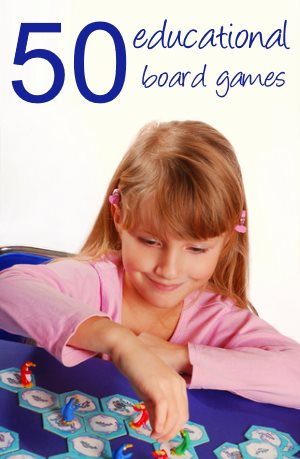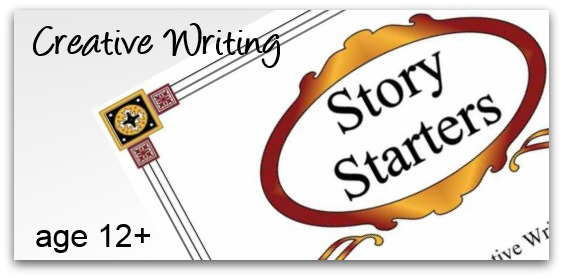Home Education Subjects
by L.
(Dorset, UK)
I have contacted you twice now regarding home education and I STILL have not plucked up the courage to take my kids out of school.
This week my kids are on half term and I thought I might do a trial week of home education. I haven't got a clue which method I want to use.
How did you decide the home education subjects you wanted your children to learn? I thought I might use work books for maths and English but some of the content I find really boring and not relevant to everday situations, so I expect the kids will feel the same way. I just don't understand why we need to learn some of the stuff in these books and most of the workbooks are of similar material.
What do you do about maths and english? How do you pick the bits you think are important? What will the Local Authorites think if I chose to do very basic maths and English?

Glad you are still hanging in there! That is an excellent question. I am not sure I can really answer it as it is something I have struggled with myself (but I will have a go!)
What you are basically asking is whether children should be taught boring or irrelevant material just because it has become an 'expected' part of a 'curriculum'. Who can really say what one person should learn, or choose which pieces of knowledge are 'more important' to know than others. This really is the whole crux of autonomous education.
Autonomous educators believe that no-one has the right to force knowledge on another person - but that by leaving the child to explore the things they are interested in, they will develop a rounded knowledge that is relevant to them.
School-based education takes the opposite approach that certain knowledge must be 'taught' and then decides which knowledge is important. I think that I, and lots of homeschoolers, fall somewhere inbetween.
I do not decide the home education subjects my children are to learn, because I think this would make the subject 'artificial' to them. And I don't do workbooks (unless the children want to do them) for the same reason. But I do want them to experience and learn as much as possible - which is where the sorts of projects on my site come in. I do encourage them to do the projects, but I don't make them (mostly!). It they aren't interested and engaged then I haven't chosen the right project, and I try again. This is also why I talk about strewing a lot on the site - I see it as a way to catch their interest in something new.
Of course I worry that they may not 'cover the basics'. But when you work like this you see that it is hard to divide knowledge into subjects. What starts out as a discussion on dinosaurs for example, may end up covering history, archeology, creationism, geography, size and weight, diet etc.
My daughters brief interest in quilting taught her lots of maths. My sons current obsession with airfix has led to a huge learning of aircraft history and the history of war.
I know this isn't helping you much! To answer your questions :
- I don't do anything about English at all - I expect they will pick up what they need through reading, writing stories, listening to (high quality) audiobooks and talking. If they need to learn how to write an essay later then we will look at it then.
- I do a little maths (usually a worksheet or two) now and again when I get worried about my approach. But they do learn an enormous amount from day to day stuff (like calculating how much paint they needed to decorate their rooms, or how much commision they have to pay ebay!).
- How do I pick the home education subjects I think are important? I don't really. I encourage the children to follow their interests, provide access to interesting stuff, encourage them, talk to them and take them out and about. THOSE bits are the important ones - not something I might randomly choose for them. I just try to expand what they choose as much as possible.
- What will the LEA think? It depends on your LEA - some are more encouraging of this approach than others. And you will see that you can take what your children have learnt and put it into 'school-speak'. I talk about that a bit in this deschooling question. It isn't that you haven't been learning - only that you were learning in a different way.
- What would I do if I were you (yes, I know you didn't ask that directly!!) I would forget about the workbooks. I would pick an area the children were interested in and expand that - maybe do some lapbooking on it or go on a field trip. Read a classic story together that you think they will enjoy (audiobooks in the car are great). Pick an art or craft activity you have been wanting to try and give that a go (by yourself if you have to!). Teach them a solitaire game, make an animation.
Use the half-term week to expand your definition of learning and see what interesting ways you can all learn new things without using workbooks or sitting down at a table to 'work'.
Does that help? You have to find your own way really. But don't be afraid to go against the school model and work on the home education subjects that interest you all.

You may be interested in :
More about Homeschool subjects
How to Start homeschooling
Go to Homeschooling Help from Home Education Subjects.
Go to Homeschooling-ideas Home from Home Education Subjects.
Comments for Home Education Subjects
|
||
|
||
|
||
Lovely messages sent from visitors like you:
Oh my goodness! I am a home schooling mum of 4 and I have NEVER found a better site! Thank you so much.
Blessings, Jenny (New Zealand)
I wanted to say THANK YOU for your fabulous website. I found your website, and finally I have the confidence to take the plunge and take my daughter out of school and educate her at home, thank you, thank you.
Marina (UK)
I cannot get over how much great information and super ideas you have here. Fantastic!
Ruralmama (USA)
This is simply fabulous!! I just now found this site and I'm so excited!! The opportunities and suggestions as well as the need to inspire are exactly what I have been searching to fulfill!! I'm so thrilled to get started and even more excited to continue to explore all of the fabulous suggestions and creative ideas you have offered here!!! Thank you, thank you, thank you!
Jennifer (USA)











